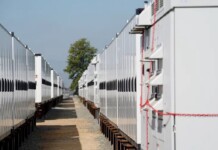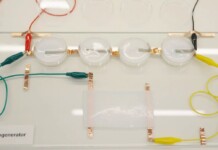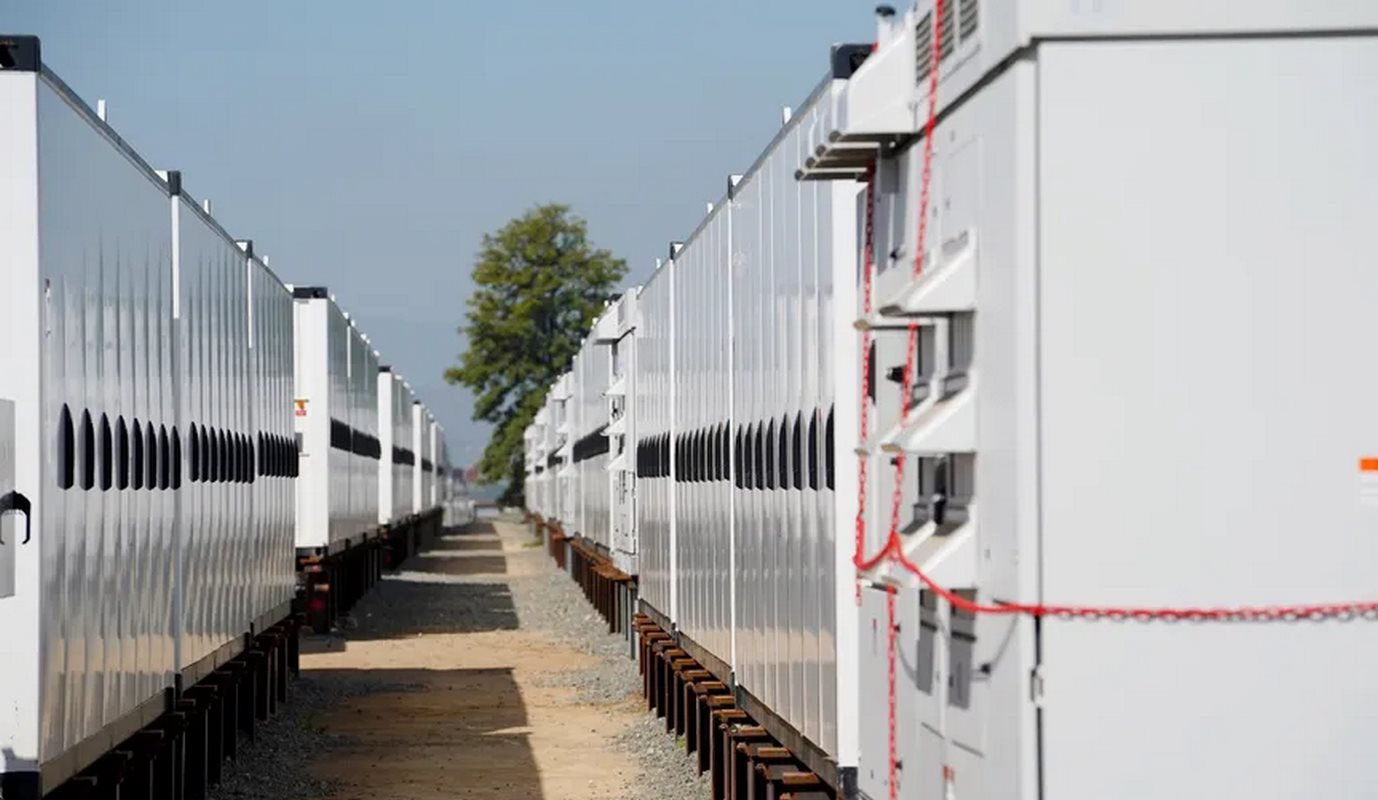
In California, a renewable energy storage system will be one of the largest in the world when it comes online this summer.
The Nova Battery Bank, designed and built by Calpine, will be able to power 680,000 homes for 4 hours.
Why only 4 hours? The Nova Power Bank is envisioned as helping cope with peak demand, when Emily Precht, Calpine strategic origination manager, says millions of Californians are coming home from work, plugging in their EVs, turning on their A/C units, washing dishes, etc.
Unlike natural gas or petroleum, renewable energy cannot be used beyond the very moment it’s generated. To improve on this technology, large banks of batteries can be filled with the charge from excess solar, wind, geothermal, tidal, or whatever, and then discharged when the need is greatest, ideally protecting California from blackouts, several of which it experienced in 2020.
The 680-megawatt lithium-ion battery bank will boost California’s renewable storage, which already equals about 55% of the nation’s total capacity, according to data from the U.S. Energy Information Administration.
620 megawatts will be brought online this summer, with a further 60 in the summer of 2025.
MORE SIMILAR PROJECTS: Largest US Solar Storage Project Goes Online – Enough for a Quarter Million Homes
Reuters reports that such large battery projects in the hundreds of megawatts are underway in “California, Florida, Australia, the United Kingdom, and China.”
“This plant will help stabilize the grid, especially for reliability purposes,” said Precht in a press conference. “Having something that saves the power from the middle of the day (and) moves it to a higher demand period will help make the grid more resilient.”
WATCH the story below from Reuters…
SHARE This Incredible Project To Secure California’s Grid Future…




















